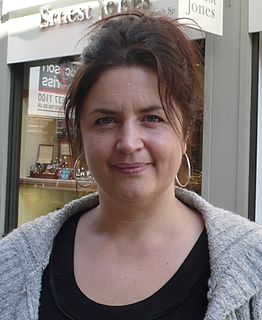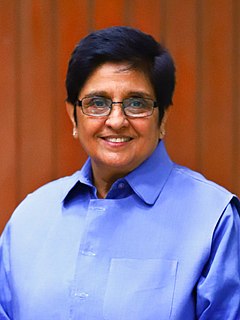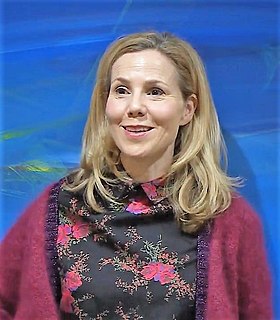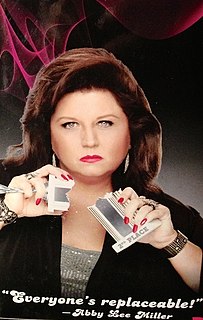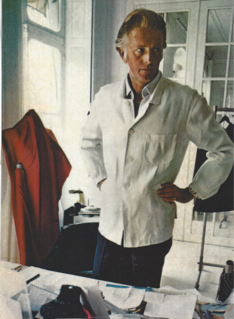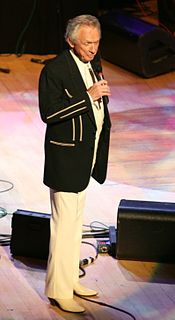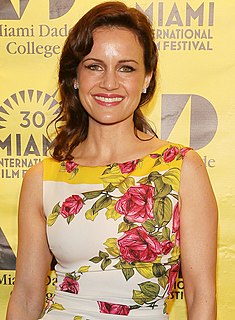A Quote by Stephen Dunn
I think because my parents died in their early 50s, mid 50s, I always thought I would die young. And that's been both a useful thing and I suspect something that's haunted me a little bit.
Related Quotes
If you'd asked me when I was younger what life would be like in my 50s, I'd probably have imagined someone like my grandmother. I'd have looked like a little old lady who went for a shampoo and set every week. But it's funny - when you get to your 50s it's not like that at all because apart from a few aches and pains, I feel like I'm in my 30s.
I was seduced by the nouvelle vague, because it was really reinventing everything. And the Italian cinema that one would see in the theaters in the late '50s, early '60s was Italian comedy, Italian style, which, to me, was like the end of neo-realism. I think cinema all over the world was influenced by it, which was Italy finding its freedom at the end of fascism, the end of the Nazi invasion. It was a kind of incredible energy. Then, late '50s, early '60s, the neo-realism lost its great energy and became comedy.
When I made my first film, I think the thing was probably helped me the most was that it was such an unusual thing to do in the early 50s for someone who actually go and make a film. People thought it was impossible. It really is terribly easy. All anybody needs is a camera, a tape recorder, and some imagination.



